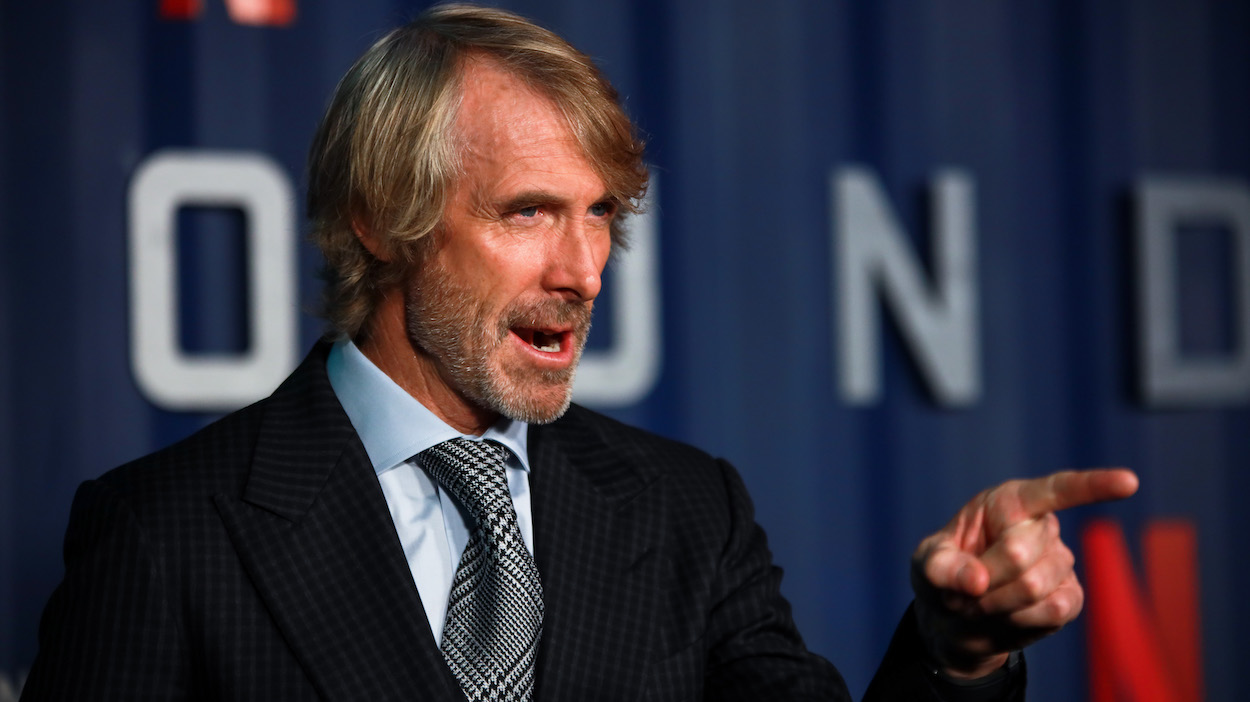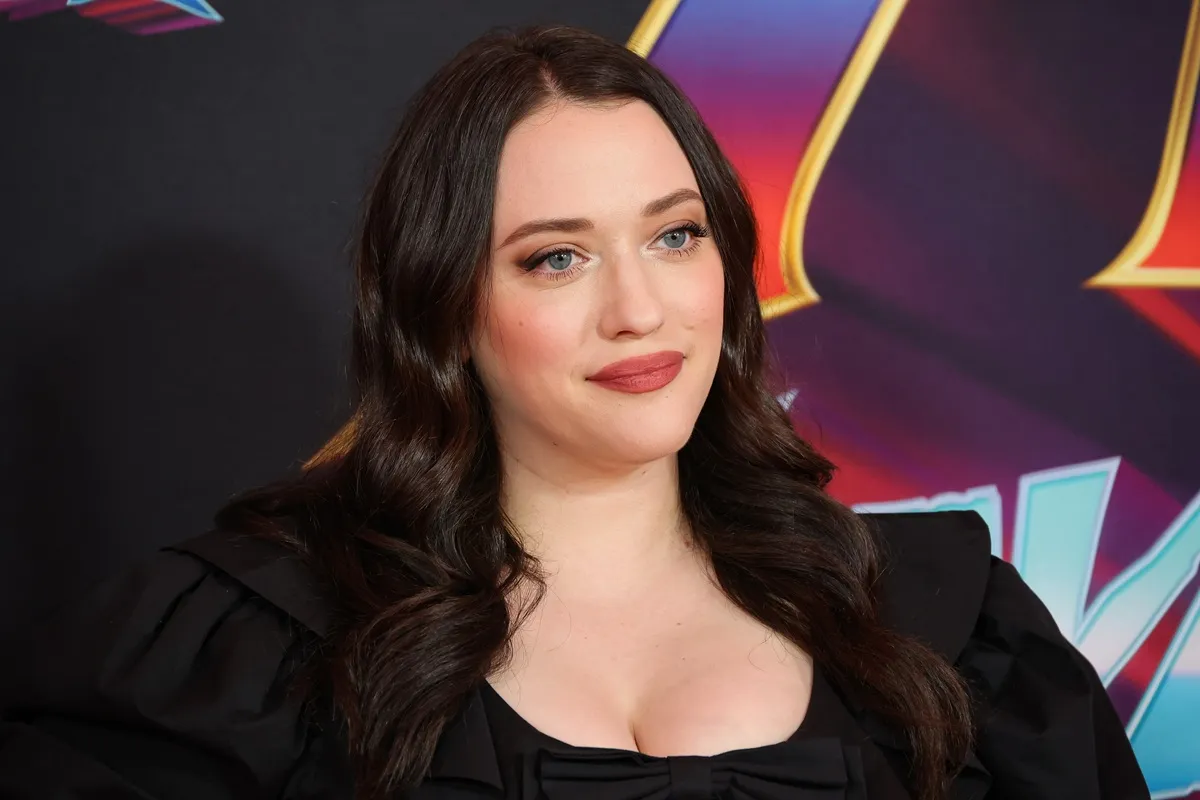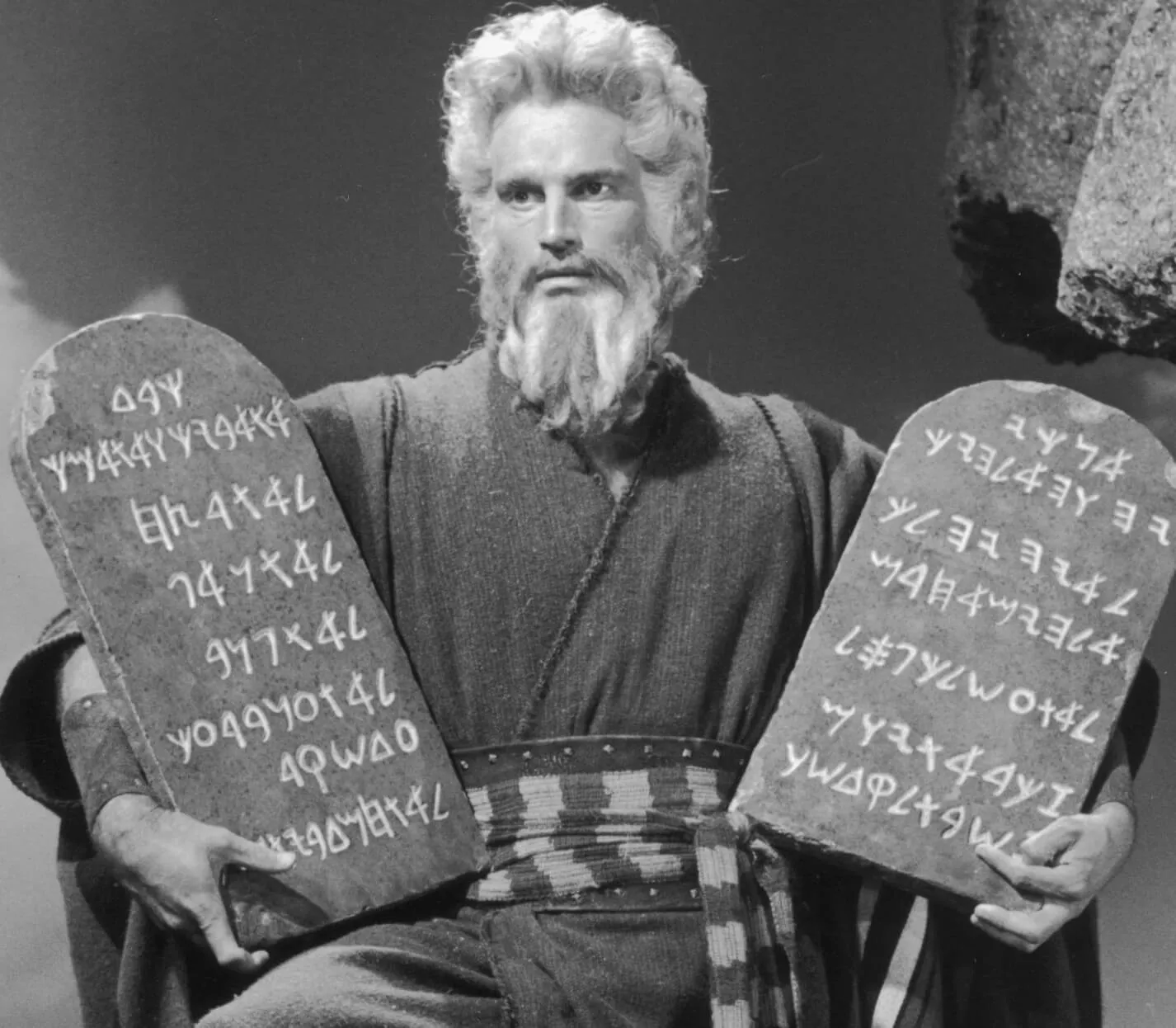Michael Bay Reveals Sony Literally ‘Shut the Power Off’ on ‘Bad Boys’
Before a slew of blockbuster movies helped push his net worth higher than the top speed in one of his patented car chases, Michael Bay was a music video and commercial director looking for his big break in Hollywood. Bad Boys was that break.
Bay’s Bad Boys established him as a certifiable Hollywood director, proved Will Smith could be an action movie star, and set the stage for the director’s bigger blockbusters (and box office receipts) to come. But not before the studio meddled with the shoot.

‘Bad Boys’ was a game-changer for Bay
Bay directed music videos for Meat Loaf, Styx, and Vanilla Ice (among others) before Bad Boys. He also directed a Got Milk? commercial (via YouTube) that featured some of his now well-known sweeping dolly shots and extreme camera angles. But Bay’s Bad Boys success starkly marked his conversion from music video to action movie director.
On a modest budget (by Bay standards) of $19 million (per IMDb), Bad Boys surpassed $15 million on opening weekend. It went on to gross $141 million worldwide. To this day, it’s one of a few Bay movies that don’t totally stink.
Smith wasn’t the first choice to play Mike Lowery opposite Martin Lawrence’s Marcus Burnett, but he owned the role and proved his action movie chops. Smith went from Six Degrees of Separation and Made in America to Independence Day, Men in Black, and Wild Wild West after Bad Boys took off.
But the studio apparently sabotaged Bay’s set before the movie was finished.
Bay said the studio cut the power during the shoot
The creative forces leading the way on Bad Boys included a rookie filmmaker and two lead actors without any entries on their Hollywood action movie resumes. Even with a relatively meager $19 million budget, it’s not hard to fathom why the studio might have its doubts.
According to Bay, those doubts manifested in the studio literally cutting the power.
In discussing one of his patented shots — where the camera revolves around the actors with the action at the center — with Entertainment Weekly, Bay said it started with the power being cut on the Bad Boys set.
“Sony didn’t believe in the movie, because two Black actors don’t sell overseas. They had no faith in it,” Bay said. “I was watching James Cameron’s True Lies, and I’m like, ‘Oh, my God, this guy has so much money.’ I have only $9 million.
“And they shut me down, literally. They shut the power off. That’s how rude they were on this movie. Luckily I had 500 days of film set experience doing videos, commercials, working with some of the most famous athletes in the world, and that’s where you really truly know how to deal with a**holes.”
Michael Bay
Bay has some of the details wrong — the budget was $19 million, and Columbia was the theatrical distributor. Yet a rookie filmmaker getting creative in reaction to a threat to his shoot isn’t so far-fetched.
Bay weathered the power outage, made a smash hit, and launched his uber-successful Hollywood career.
Bay’s success on ‘Bad Boys’ paved the way for his blockbusters to come
Bay had a $19 million budget for Bad Boys in 1995, but its success at the box office quickly allowed him to think bigger and better.
By the time he signed on to 1996’s The Rock, Bay had nearly quadrupled his budget to $75 million. The return was more robust, too — $335 million worldwide. Bay’s trend of bigger budgets and bigger box-office behemoths has continued throughout his directorial career.
Armageddon made $553 million on a budget of $140 million. Pearl Harbor brought in nearly $450 million on its $140 million budget. Pain & Gain made $86 million on a “shoestring” $20 million budget, but nothing compares to the box office receipts of the Transformers franchise:
- Transformers: Dark of the Moon (2011) — $1.12 billion
- Transformers: Age of Extinction (2014) — $1.10 billion
- Transformers: Revenge of the Fallen (2009) — $836.3 million
- Transformers (2007) — $709.7 million
- Transformers: The Last Knight (2017) — $605.4 million
Add up all those numbers and it comes out to $5.97 billion in box office receipts. None of the Transformers movies had a budget above $217 million, so they all made their money back, plus a whole lot more.


